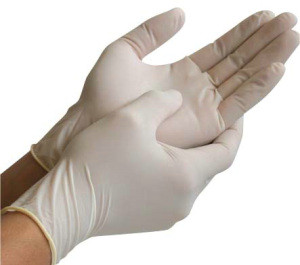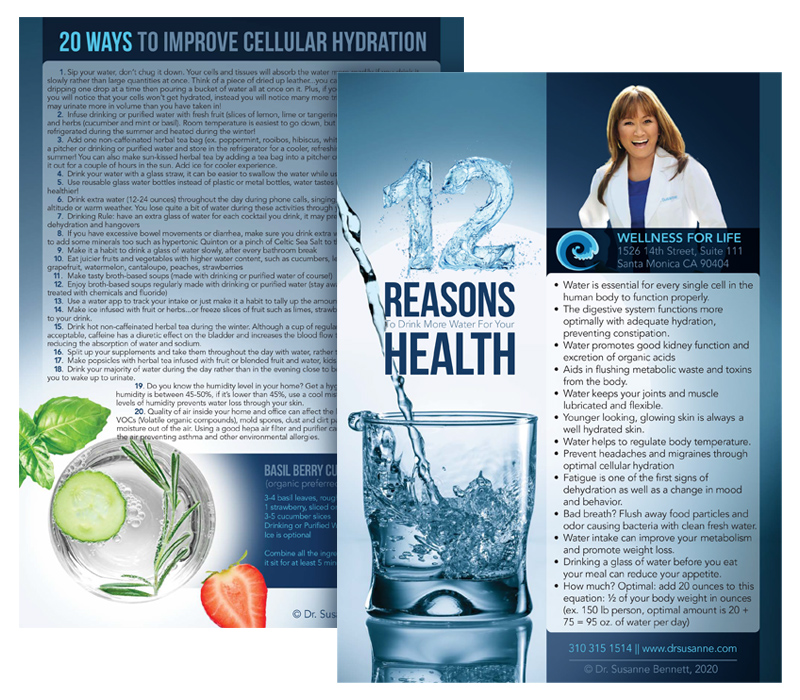Halloween is tomorrow and the ghosts and ghouls will not end after October! One of the scariest treats that follows you through the holidays is candy. Candy is chock full of sugar and can have some spooky effects on your body if you’re not careful.
The American Heart Association (AHA) found that the average American consumes 22.2 teaspoons of sugar a day! That is three times more of the amount a single person should consume in a day.
The biggest contributor to excess sugar is hidden sugar. This is the sugar found in your cereal, bread, juices, soda and pasta sauces; it is not the obvious sugars like in candy and cake.
During the holiday months, we are overwhelmed with spooky treats and pay little attention to the effects of the excess sugar in our bodies, writing it off as a holiday treat. But this season, let’s pay close attention to those labels and help ourselves to more than just another serving.
Scary Side-Effects of Your Holiday Candy
Over indulging in candy this season and sweet holiday treats can have many consequences including:
- “Sugar High” – a short increase in energy and then a hard dive in your blood sugar level, leaving your body tired, unable to focus and anxious.
- Weight Gain – an increase in sugar intake can lead to a “muffin top”, excess fat in the wrong places on the body and is one of the leading causes in childhood obesity.
- Bacterial and Yeast Overgrowth – Ingesting sugar can cause intestinal dysbiosis or microbial overgrowth which can lead to inflammation, allergies, leaky gut and even autoimmune issues. On the other hand, decreasing your sugar intake can help you feel more energy and restore a healthy gut flora quickly.
- Type 2 Diabetes – By 2020, most likely half of the American population will be pre-diabetic or have diabetes. Eating too much sugar over a long period of time will cause insulin insensitivity issues which can even be life threatening.
- Tooth Decay and Cavities – We have all heard the horror stories of the effects of candy on our teeth but tooth decay is a serious issue among children and can be considerably reduced by limiting the amount of your sugar intake and good oral hygiene habits.
- Sleep Apnea – an increase of sugar in the body can cause nasal congestion and a swollen tongue, which can cause you to stop breathing for short amounts of time while you sleep. It reduces the amount of oxygen in your body, cause terrible fatigue and may have serious effects.
If you have any of these issues, reduce all types of sugars such as candy, bread and pastries, ice cream and desserts, “white food” such as white rice, potato, and flour, and alcohol, and start replacing it with whole foods with a low glycemic index (GI) and glycemic load (GL).
Low GI/GL foods typically include fresh organic greens and vegetables, healthy oils, seeds and nuts, free range/hormone free beef, lamb, chicken and turkey, wild salmon, quinoa, sweet potato and avocados. Try working these low sugar, healthful foods into your holiday meals this season. Always double check labels and be sure to buy the freshest produce for your holiday meals by shopping at your local farmer’s market and organic grocery store!

 This powerful green drink during allergy season can help your runny nose, nasal congestion and itchy eyes!
This powerful green drink during allergy season can help your runny nose, nasal congestion and itchy eyes! Spring is here and it is time to start thinking about “Spring Cleaning” of our bodies and mind so that we can shed the toxins we accumulated in Winter and become our most brilliant and healthy self. That is why I am so excited to share with you my upcoming
Spring is here and it is time to start thinking about “Spring Cleaning” of our bodies and mind so that we can shed the toxins we accumulated in Winter and become our most brilliant and healthy self. That is why I am so excited to share with you my upcoming  During this 3 day, all about you weekend, you will learn:
During this 3 day, all about you weekend, you will learn:






